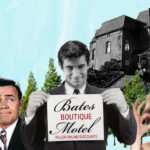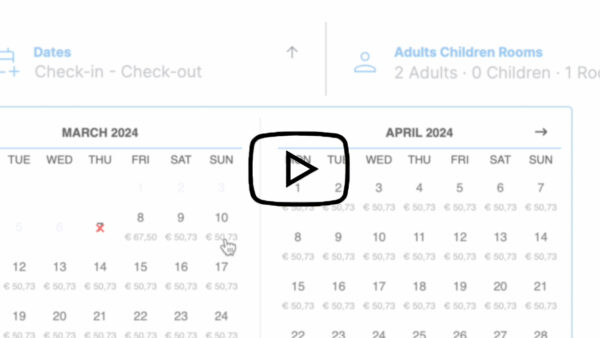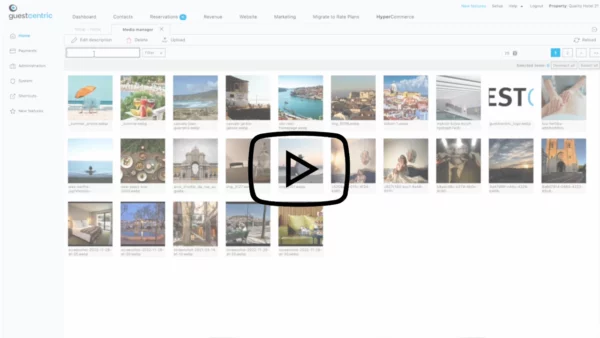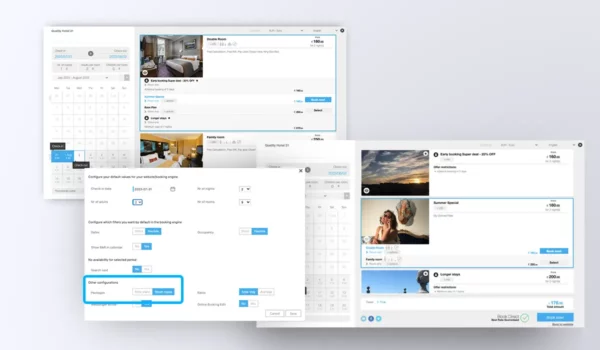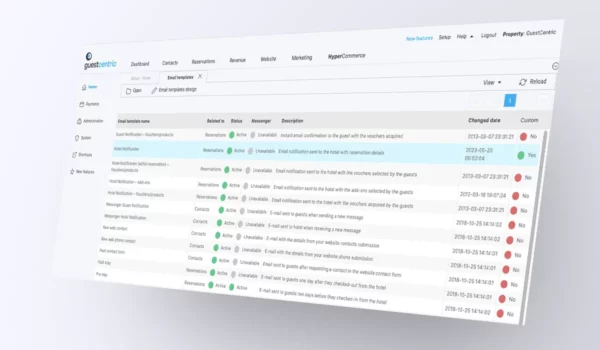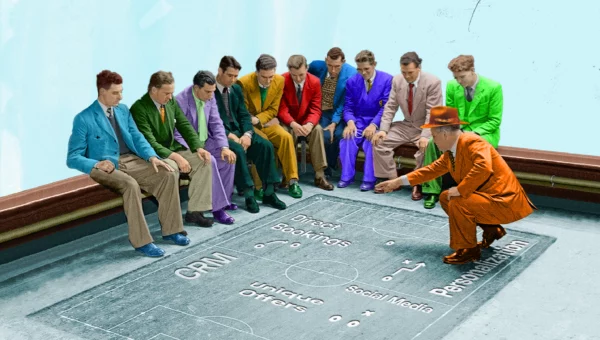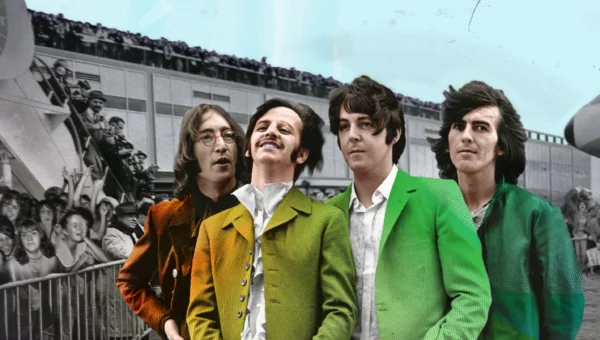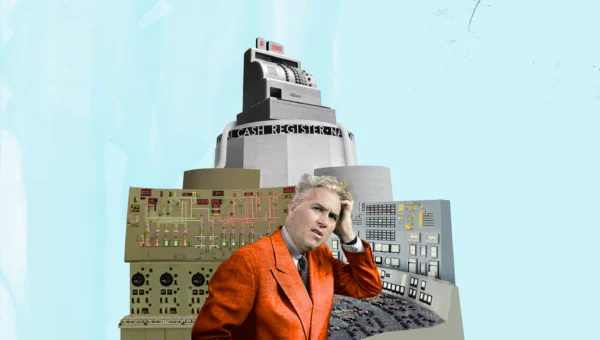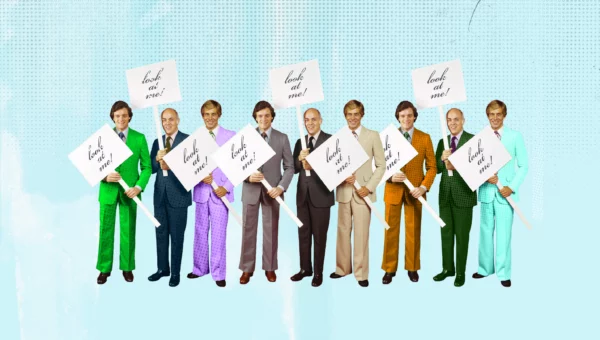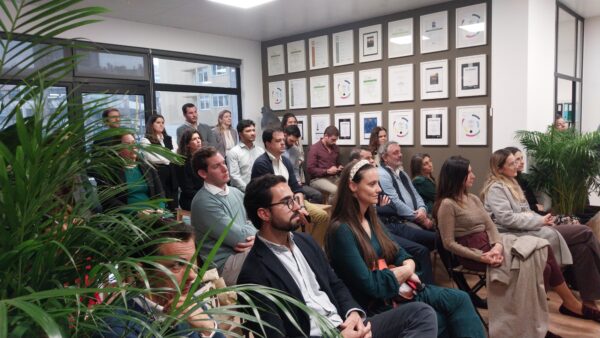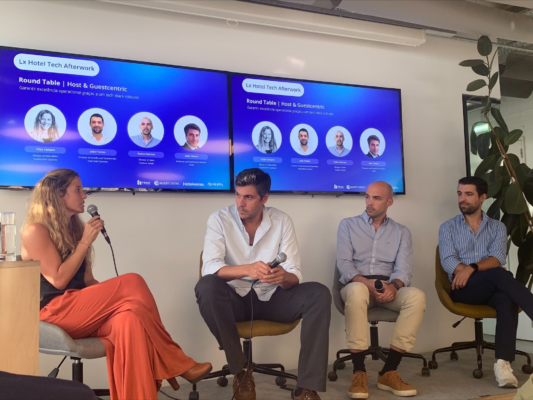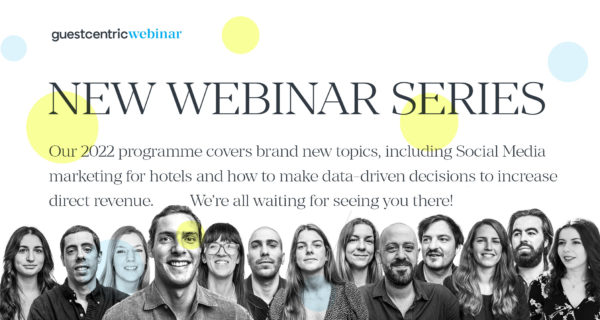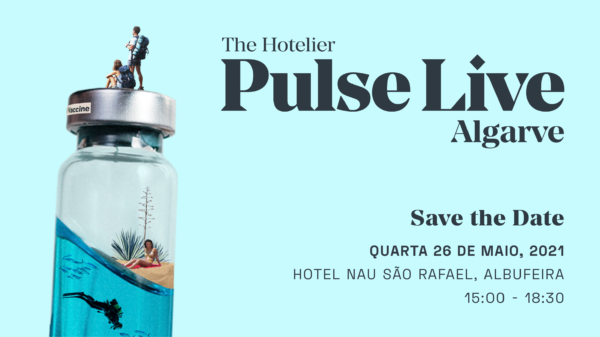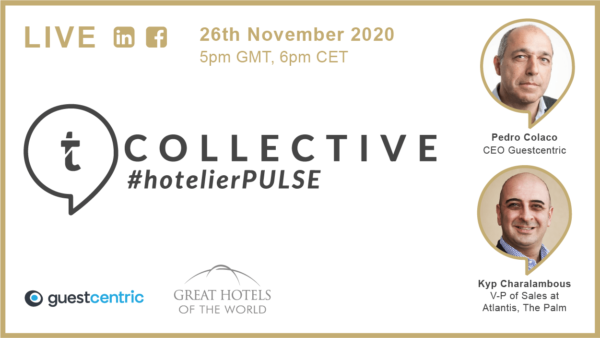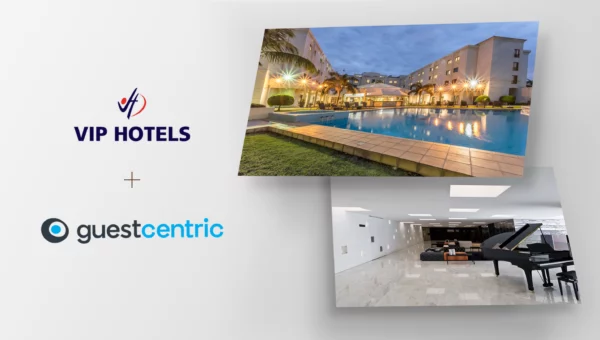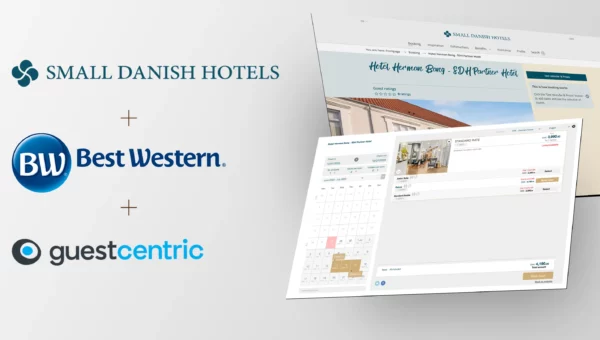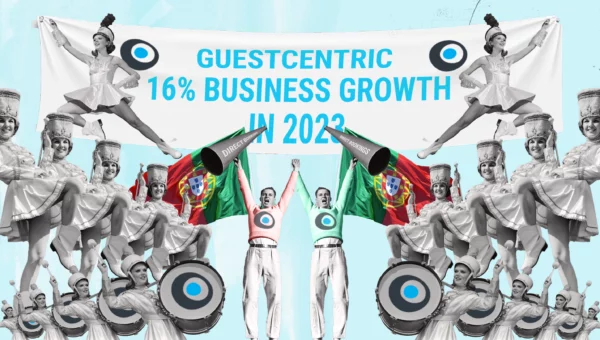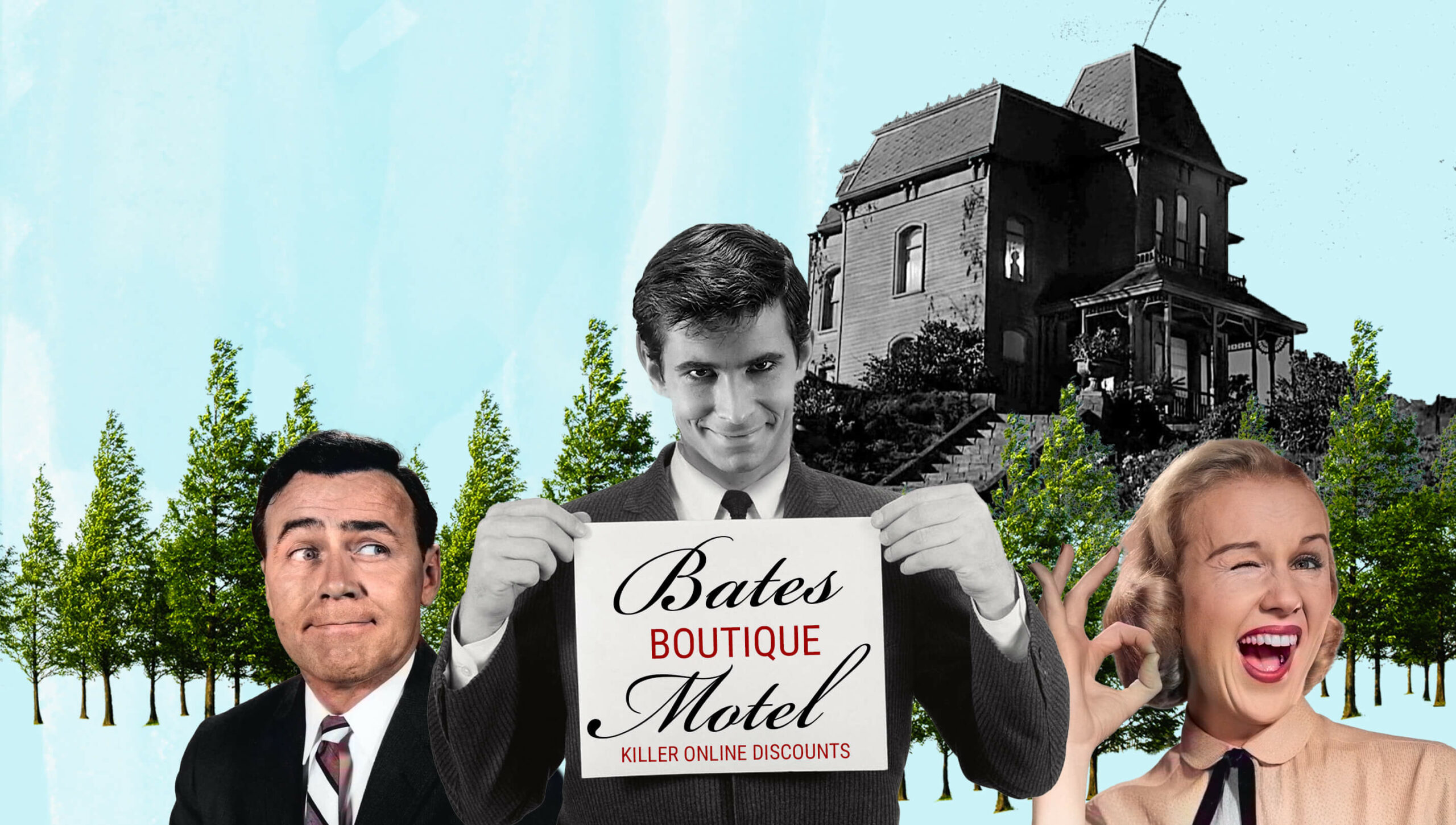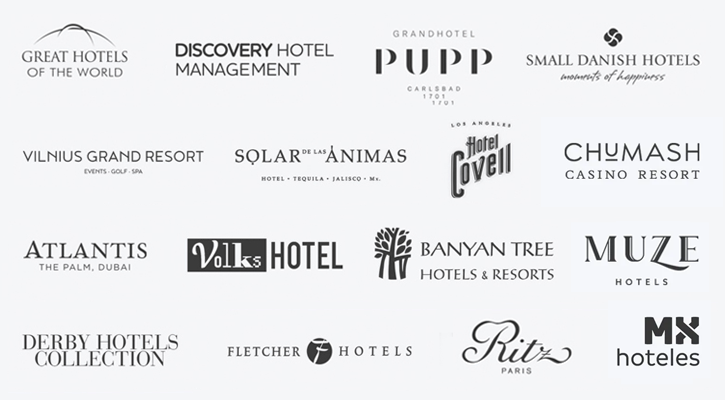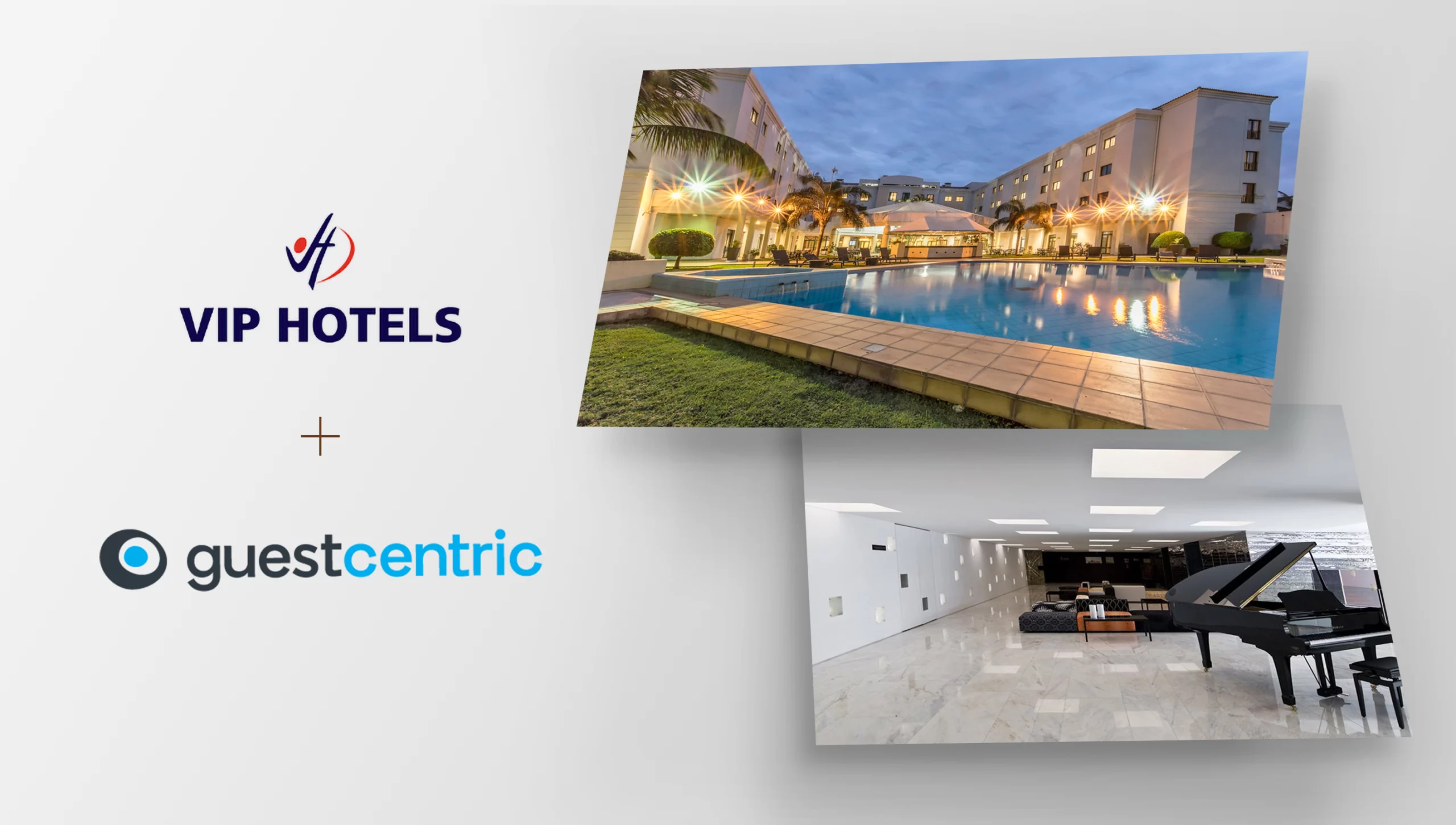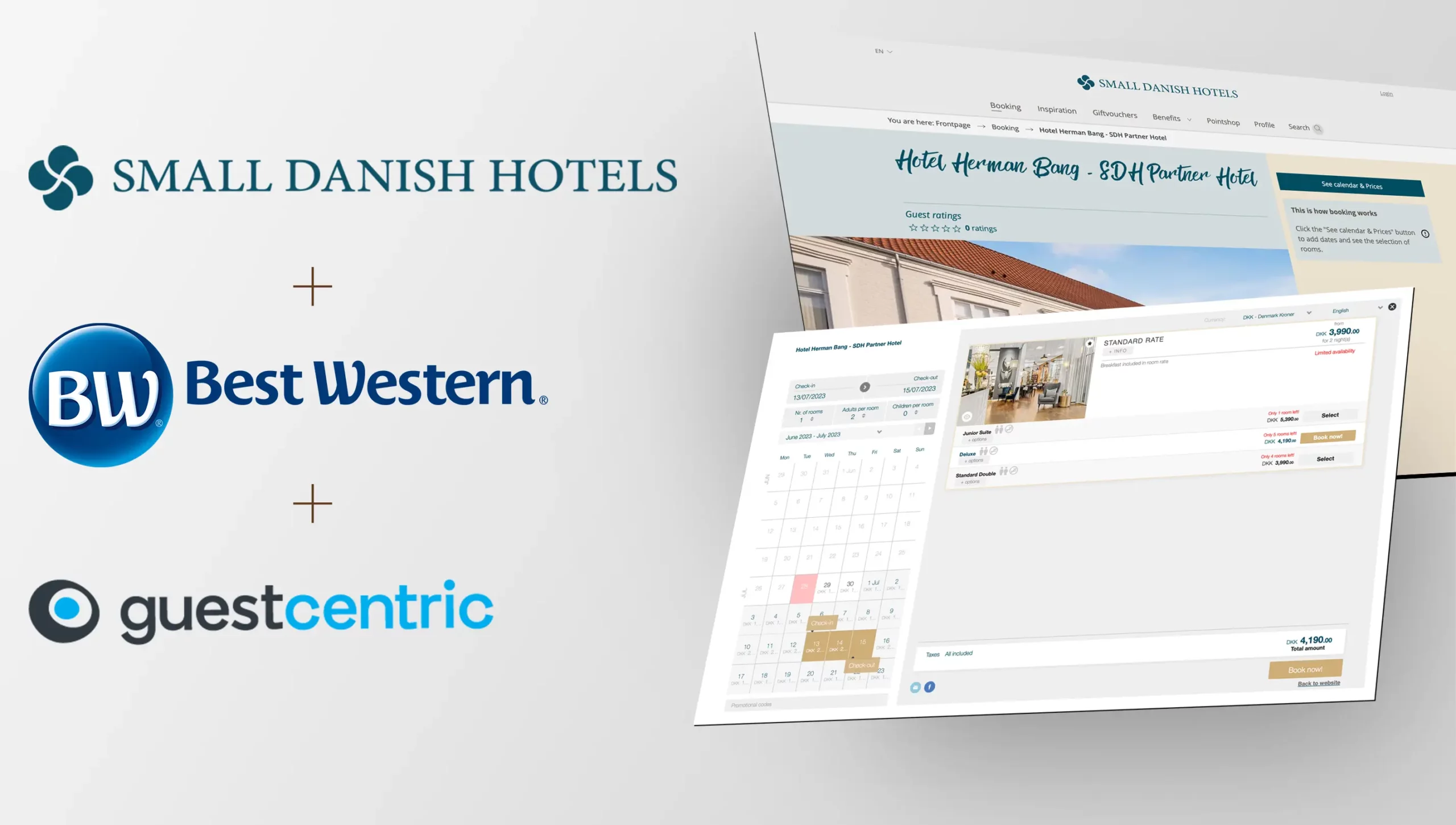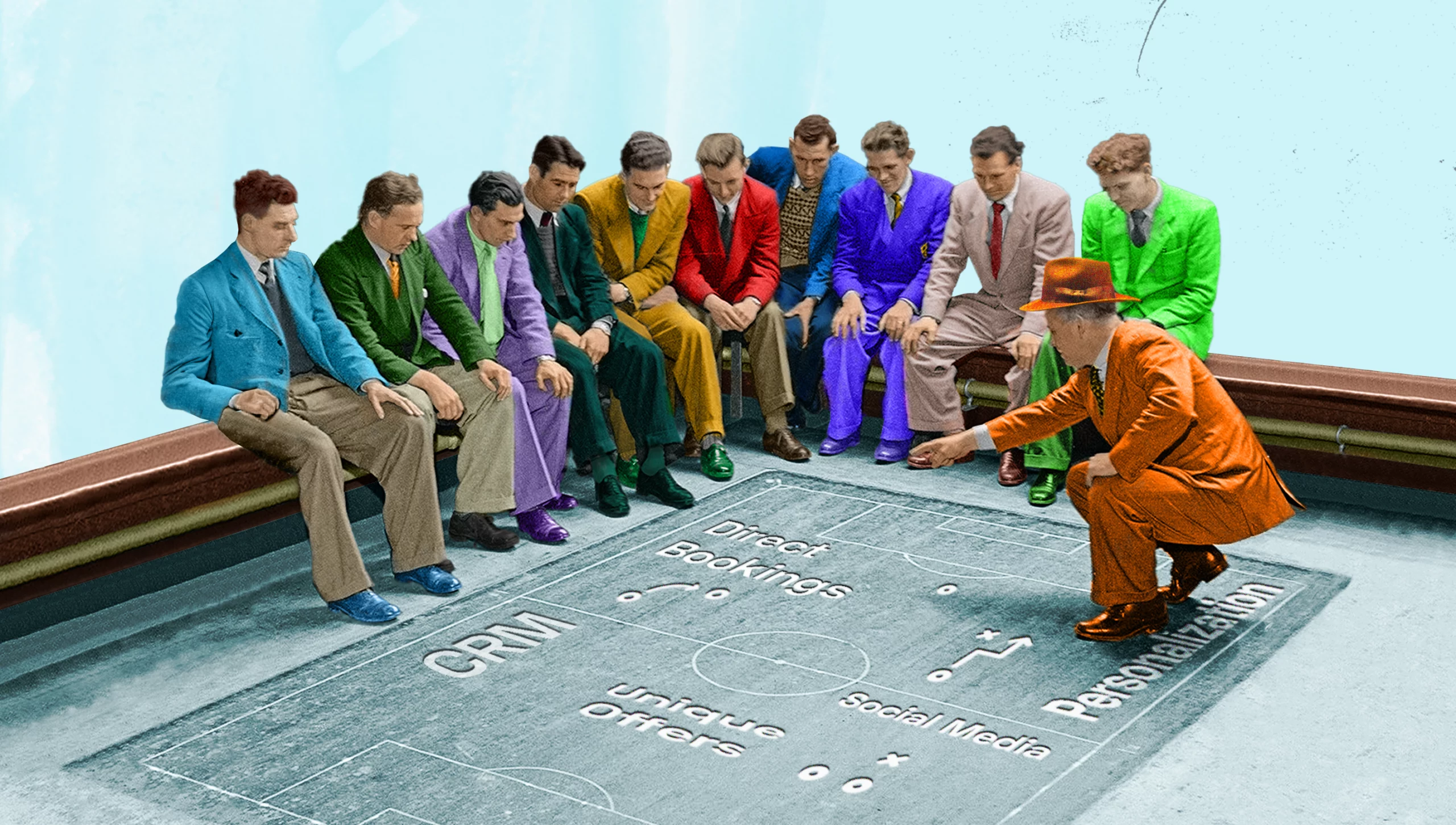Is your Hotel Website Giving Mixed Signals to guests?
Reading Time: 6 minutesIn today’s day and age, most of us will have heard different variations of the terrible first date story…
One such plot goes something like this: Two people, who have been chatting up a firestorm on their dating app of choice for some weeks, meet for the first time only to discover that their match is literally nowhere near what they represented themselves to be online. Maybe he told her he was 1.87m tall when in reality he is shorter than Tom Cruise. Or maybe she told him she was 35 years old, when in reality she is 42.
Mixed signals occur when a person or brand is inconsistent in the messages they send people. They can simply be miscommunication or intentional. But no matter the reason, mixed signals definitely add a layer of stress and frustration to those on the receiving end – whether it’s our hypothetical couple above or online visitors browsing through a hotel website that poorly represents the property and the brand.
Is your hotel website giving mixed signals to guests? Does your property or group of hotels have amazing value to offer, but online visitors keep abandoning your website before booking a stay?
In this article, we share some examples of mixed signals you could potentially be sending to guests via your website, how to avoid these pitfalls, and what best practices you should implement instead to get more direct bookings.
The Hotel Website – Why First Impressions Matter!
According to Hubspot, the average time a person spends visiting a travel website is just 60 seconds. This means you have just one minute to make a strong first impression and encourage online visitors to book. You need to transmit the right messages that align with your brand and create as much demand as possible.
Your hotel website design speaks volumes about how much you care about your guests and the value you have to offer them. If you’re the proud owner of an upscale boutique hotel in downtown Lisbon, but publishing unflattering photos of your hotel bathroom or a plate of greasy food on your hotel website, you’re basically telling guests that your hotel could not care less about them and their experiences. In the end, the guests will abandon your website and you will lose out on their business.
Hospitality is the dreaming industry, and research shows that guests’ decision to book a hotel stay is driven strongly by emotion. Your hotel website is where guests get the first impression about your hotel. Therefore, it’s crucial that you make the guests dream with your property before they book and before their arrival. Guests want to feel special and welcomed to embrace emotion from the moment they land on your website, to “read” a story and to be reassured about the hotel quality that you have to offer.
A great hotel website focuses on generating brand awareness so you can increase the revenue of your direct channel, reduce dependence on OTAs, and spend less money on commissions. You should have the right skills to create a clear strategy and a communication plan to enhance your digital presence so that people stay longer on the website, visit more pages and have a lower bounce rate.
What hotels should do to make sure their website does not give mixed signals to guests?
Although hospitality may be the dreaming industry, sadly some great hotels have websites that are the stuff of nightmares – i.e. do not accurately reflect the value of the property. Below, we share some tips on how you can avoid sending mixed signals to guests who visit your website, and instead clearly communicate the best value your brand has to offer.
1. Communication
Know your target audience and markets. Your website is your main platform to communicate with guests so you have to know who they are and who is searching, by having it translated into the official language of the hotel country, English and one or two more languages from important revenue generating countries.
Brand consistency is the most important because people will notice uniformity in communication, for example: always have accurate information and communicate in the same way on the pop-up, on the different pages of the website, on the booking engine, on the email templates and on social media. Communicate exclusive benefits and rates, dead the website traject to convert reservations and that the user experience is better. Avoid using a lot of pop-ups right when someone lands on the website.
2. Website structure
The hotel brand, website design and booking engine need to be efficient and optimized to ensure the highest possible conversion. Always focused on the customer and simplifying the sales process as much as possible for the guest for example have: hamburger menu with all the pages available, quick links with the most visited and important pages (hotels rooms, special offers, gallery, location and contacts) and footer menu with relevant information and easy to find.
Avoid long scrolling, because it will increase the website speed and people tend to get bored. The website should be responsive to any screen and have clear visible CTA (call to action) with action verbs referring to the desired action (Book now, Know more, Click here) make sure you don’t complicate the navigation, avoid CTA’s conflicting with each other on the same place.
3. Content
Don’t fill your website with too much content and Irrelevant information because it looks messy and will not give any additional value to the guest. Keep the website updated with what’s happening in the city and not let it stagnate, such as a music festival and art exhibition, sports competitions, etc. Do you get a lot of emails or calls asking for the same question or the same subject? Make sure you have this written, well visible and accessible. Read what guests say about you, so you can improve and meet people’s expectations.
Phone numbers and email contacts are on the footer, accessible to find in any place on the website. It’s crucial to show that it is very easy to contact the hotel and that you are willing to help the guest from the first moment. Location page with a map, it’s crucial so I can understand if it’s closer to where I need to go and attend a meeting or a congress if it’s close to the tourist attractions I want to visit to make the person’s life easier when deciding to book with you.
Restaurant menu, spa menu, swimming pool information, services opening hours, how the parking works and the cost we need to have present so people don’t get frustrated when browsing.
Having a page with guest testimonials will build trust and a reputation for future guests. Guarantee that social media links are opening the correct profile, that’s nothing worse than clicking on the icons and not going to any profile.
4. Photos and videos
Invest in high-resolution photos. They are still the best selling and can change the mind of anyone, you can have the best content but if you have bad quality images no one is going to want to stay at your property, good pictures are worth a thousand words.
Breakfast photos are very appealing because we all love hotel breakfasts as well room toilets are also an important decision-maker factor. Have a gallery divided by hotel areas, where you can have a general idea of everything you have found. You may also want to consider a video for your homepage banner or 360º virtual tours for example of your rooms.
5. WOW factor
Promote the Differentiation points from your hotels, this can be the key to getting more visitors and bookings. Does your hotel have a co-working space, a Michelin star restaurant, a piece of art that everyone wants to see and take pictures of, or a cocktail that has received an award? Do you have a ceramic workshop, yoga and meditation classes, meals with aromatic plants from the hotel garden at guests’ disposal? Do you offer a free mini-bar and welcome drinks upon arrival?
It’s mandatory to communicate this everywhere as much as possible. These are the unique selling points and what offers value to your hotel, the reasons why people are going to remember their stay will want to come back and will talk and promote you to their friends, family and co-workers.
How you present your product, and the uniqueness of your services and amenities are the deciding factors to stay at your hotel.
Conclusion
The beginning of a hotel stay starts at your website. Essentially, with all these tips we want you to be stronger and improve the online branding and invest in visibility. This will help you to have better business results too with a story to tell, committed and responsive to guests from the first moment.
As is the case with online dating, you can only establish firm relationship with potential guests by authentically communicating what your hotel has to offer. This will not only improve your online visibility, but also increase your chance of converting more online visitors into guests. The more accurately you represent your brand online, the more likely guests will be to trust in what you have to offer.
And on that note, our final question to you is: “How is your hotel’s online dating life?”

